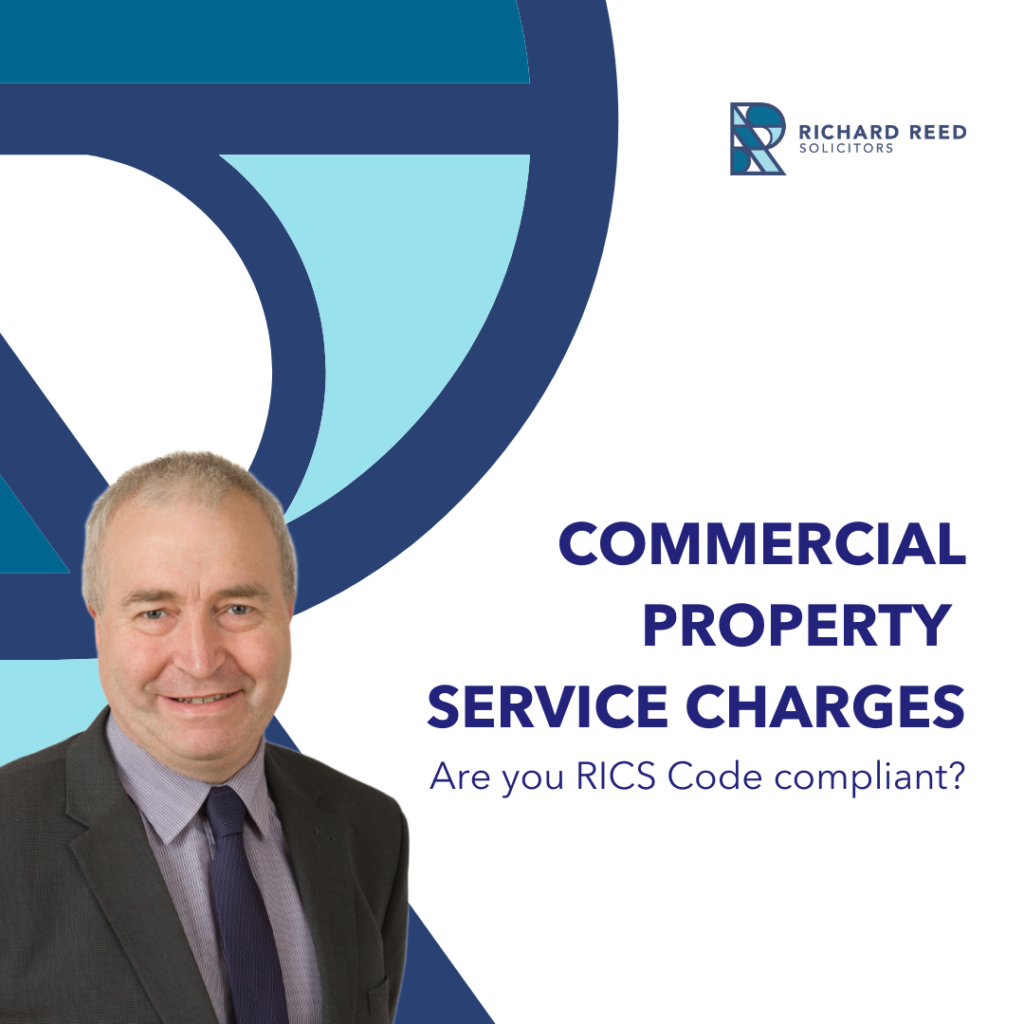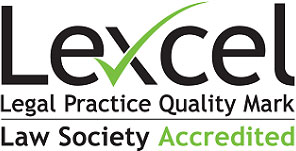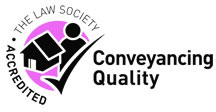If you own a multi-unit investment property, the service charge is crucial because that is how you recover the cost of maintaining common areas and providing the necessary services. Landlords (and their managing agents) are under increasing scrutiny to make sure they act fairly. The Royal Institution of Chartered Surveyors (RICS) has just published an updated version of its Code of Practice on Service Charges in Commercial Property. You should ask your solicitor to check how far your leases reflect the new guidance and where you may need to change your approach.
‘Unlike the annual rent, service charges can vary from year to year, particularly when the price of goods and services goes up,’ explains Ian Cowan, a Solicitor in the commercial property team with Richard Reed Solicitors.

‘Tenants want fair charges and value for money, while landlords need to know they can recover their costs, so service charges can be fertile ground for a dispute.’
Set against that background, the RICS Code is a useful benchmark for best practice. Ian highlights the key things to consider.
What is the RICS Code and who is bound by it?
The code is a RICS professional standard and RICS members must follow it. It includes mandatory requirements, core principles and best practice guidance. The code does not bind solicitors and, unless you are an RICS member yourself, you are not obliged to follow the code in your role as a landlord. In practice though, it can be helpful to bring your leases in line.
If you have a managing agent or surveyor handling your commercial property, they will probably be an RICS member and will encourage you to follow the code. Tenants and their solicitors will use the code as a guide to best practice, so it will be quicker to negotiate new leases that follow what the code suggests.
Know what you can recover
The code says that as landlord, you may only recover costs that are identified in the lease and you must not profit from service charges by trying to recover more than 100% of the costs you incur.
The lease will set out a range of services for which you can charge tenants. There are usually some that you must provide, like repair and maintenance, cleaning and utilities. There are other costs that you may charge for to the extent that you incur costs, like the cost of employing managing agents and other contractors, clearing snow and gritting, pest control, and landscaping.
There will also be a list of things for which you must never charge, like upgrading or improving the building beyond what is required for repair, the cost of alterations and costs you incur collecting rent or enforcing other tenants’ lease obligations. If you are in any doubt about whether you can recover a specific cost, your solicitor can look at your lease and explain.
The new edition of the code sets out guidance on some areas where there has been uncertainty in the past, like any commission or rebates you get from your insurance broker in relation to insuring the common areas of a commercial property. The code now makes it clear that you may keep reasonable commission to cover your administration costs but this must be disclosed to the tenants. Beyond this, any advantageous premium rates or rebates must be passed on to your tenants as a reduction in the overall cost of insurance.
Another hot topic is the cost of making buildings more sustainable. The new edition of the code acknowledges that landlords and tenants may have different appetites for spending money on sustainability. Where alterations to increase energy efficiency fall clearly into the exclusion for improvements to the building, you will not be able to recover the costs from tenants. However, the new edition of the code gives more guidance on ways you might justify including this in a service charge through cost-benefit analysis. The code also encourages landlords and tenants to take a collaborative approach to sustainability.
The mechanics
It is now mandatory under the code for service charge budgets to be issued to tenants at least one month before the start of the service charge year and for accurate approved accounts to be provided within four months of the end of it. The code cannot override what your leases already say, about this or anything else, so your current tenants cannot insist on them if they are not already set out. However, this will be a negotiating point in any future leases so it is a good idea to start working to this timetable if you are not already doing that.
Your tenants will want to know how the service charge is split between them, and the Code now requires landlords to provide a detailed apportionment matrix. This does not stop you charging tenants different proportions. In fact, the code encourages this as a fair approach, especially in relation to mixed-use developments where different types of tenant may make very different use of common parts or services. The key point is that your apportionments should be transparent.
Disputes
However well your lease is drafted, disputes can arise. The courts have made it clear that where tenants want to challenge service charge items, they must pay what has been demanded but are free to dispute it afterwards. The Code underlines that principle, making it clear that tenants are not usually entitled to withhold payment for a service charge that has been properly demanded. If you do find yourself in a dispute with a tenant, you should take legal advice as soon as you can.
Providing for future work
You may want to build up a service charge fund to pay for larger expenses you anticipate in the future. This could prevent a big increase in the service charge in years when those costs are incurred, but not all tenants are happy with this approach. Those with short leases will not want to make longer term contributions and many prefer to hold onto their own cash until it is required. If you want to accumulate a fund, your lease must set it out clearly.
The code now has more detailed guidance on best practice, making it clear that any funds you build up remain the tenants’ money and you must hold them on trust, in clearly identifiable and separate accounts. There are several different approaches and your solicitor can advise you on the best set up for your situation.
Changing what your leases say
If your solicitor finds drafting in your leases that does not match the best practice in the code, you are not obliged to change it and in fact you cannot change it without your tenant agreeing to a formal variation. The code does not override any of the terms of any leases already in place. While acknowledging this, the code encourages landlords, tenants and their solicitors to operate existing leases in accordance with best practice where possible. Moving closer to the code, for example by following the suggested timetable for producing accounts, will work in your tenants’ favour and there is nothing to stop you doing that even if your leases do not require it. Once you have your systems set up in line with best practice, your solicitor can make sure that the drafting of any new leases you grant reflects that.
How we can help
Our experienced property lawyers can help you audit your existing leases and identify where you could get closer to best practice in relation to service charges, as well as acting on your behalf in negotiating new leases with code-compliant provisions.
For further information, please contact Ian Cowan in the commercial property team
This article is for general information only and does not constitute legal or professional advice. Please note that the law may have changed since this article was published.












